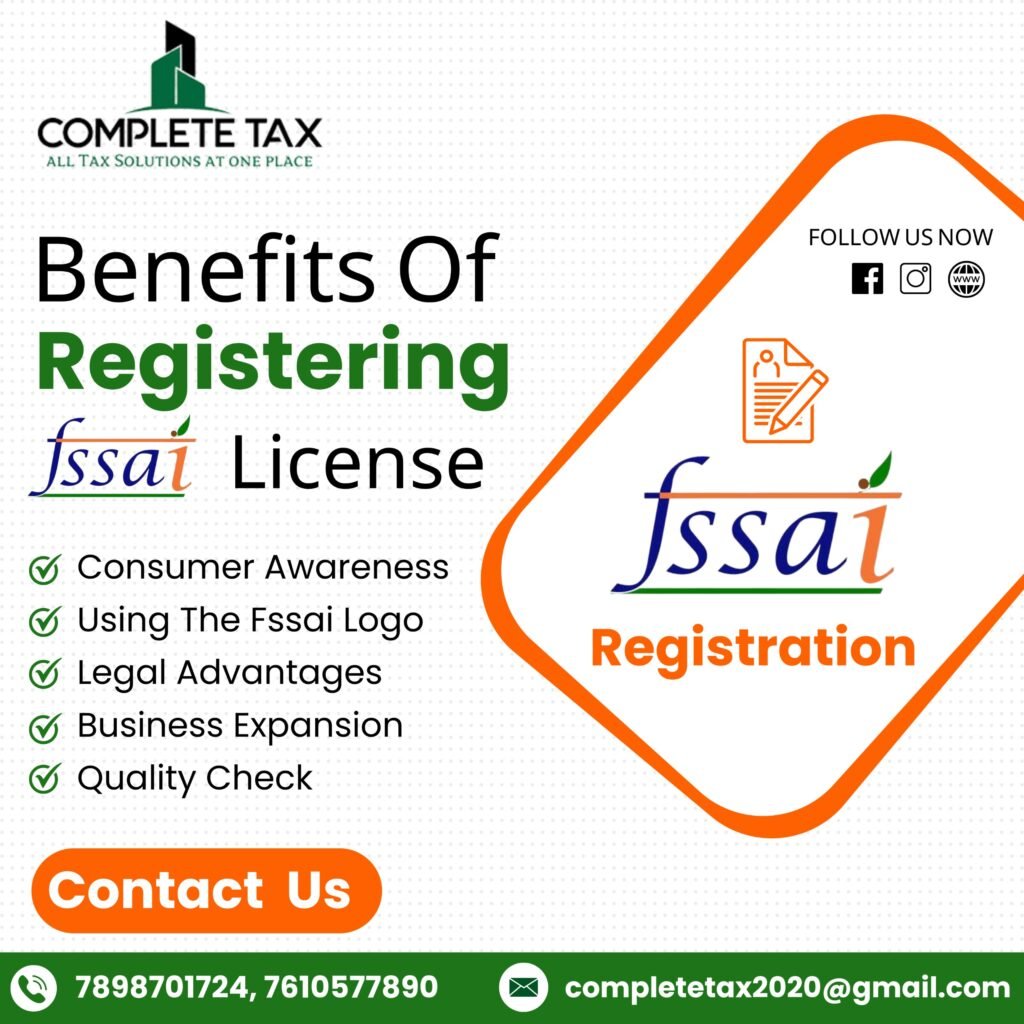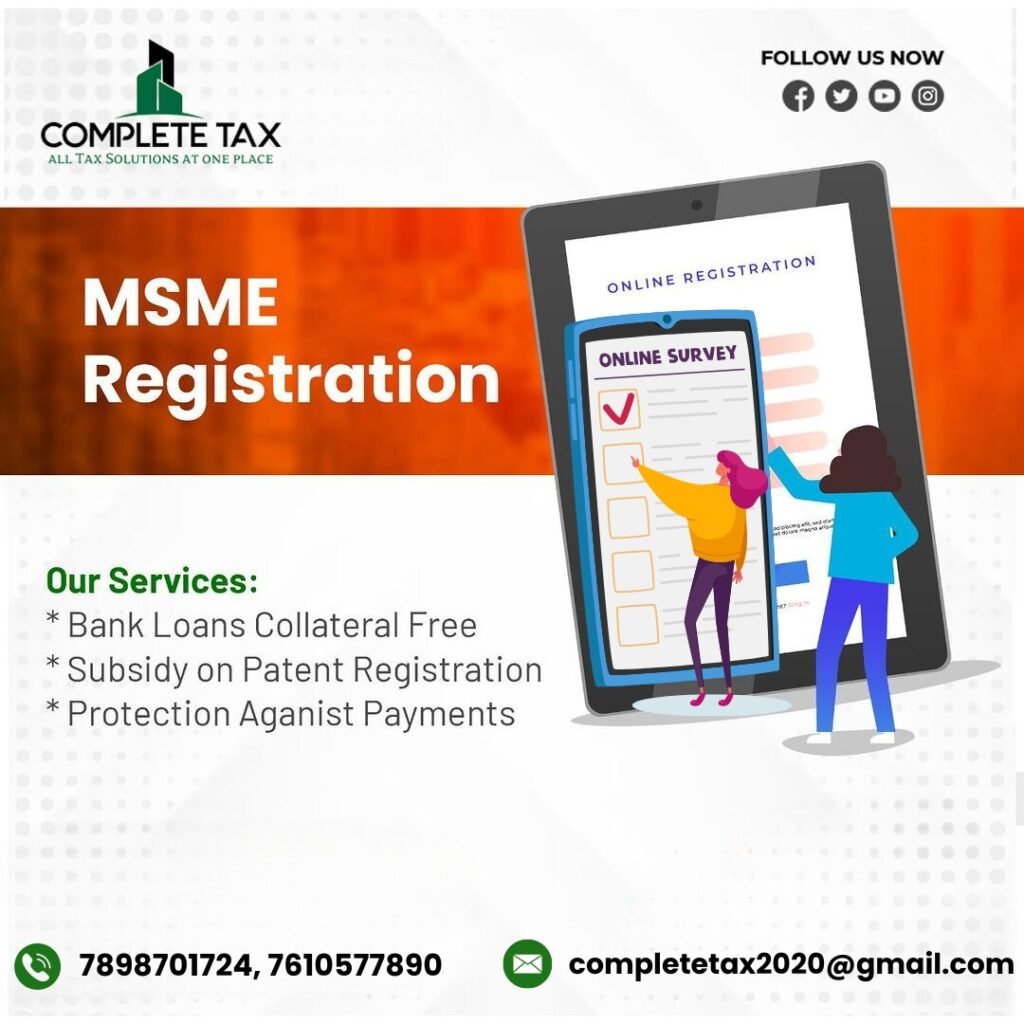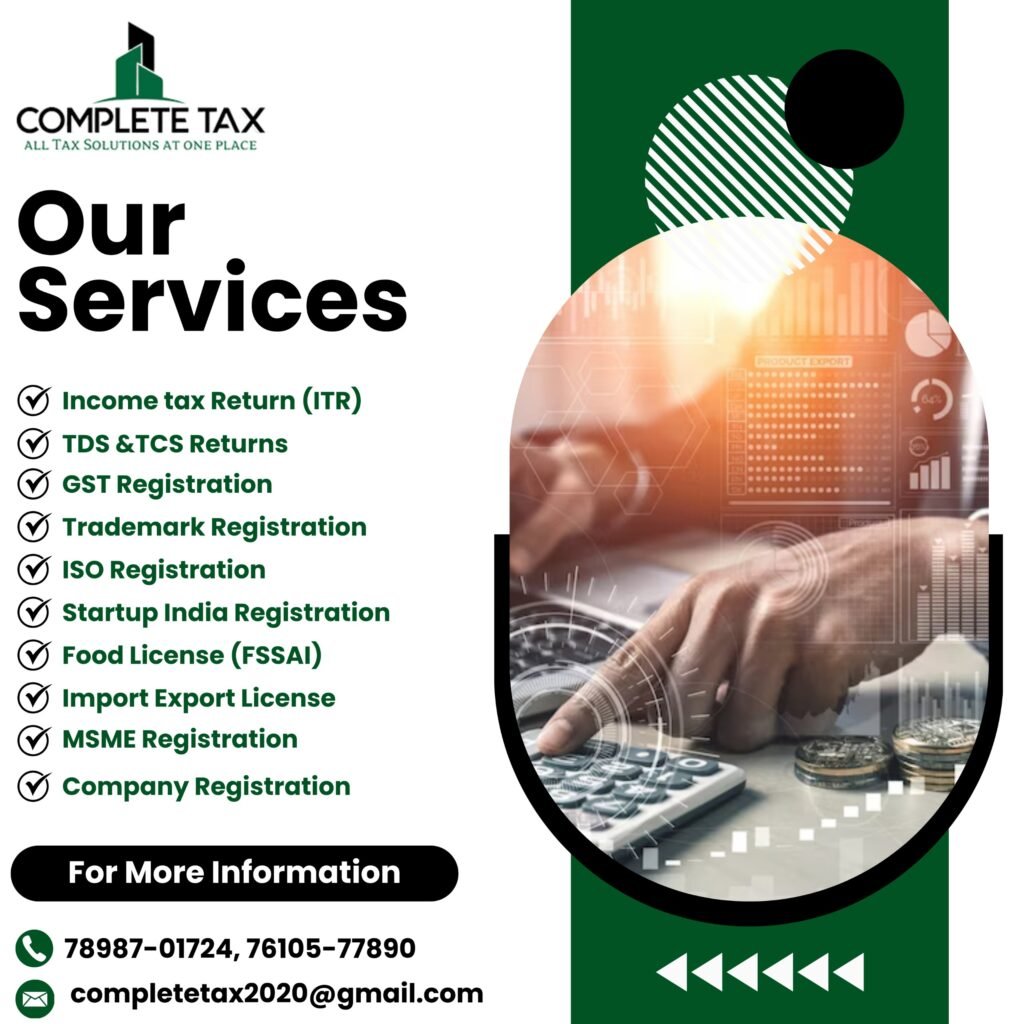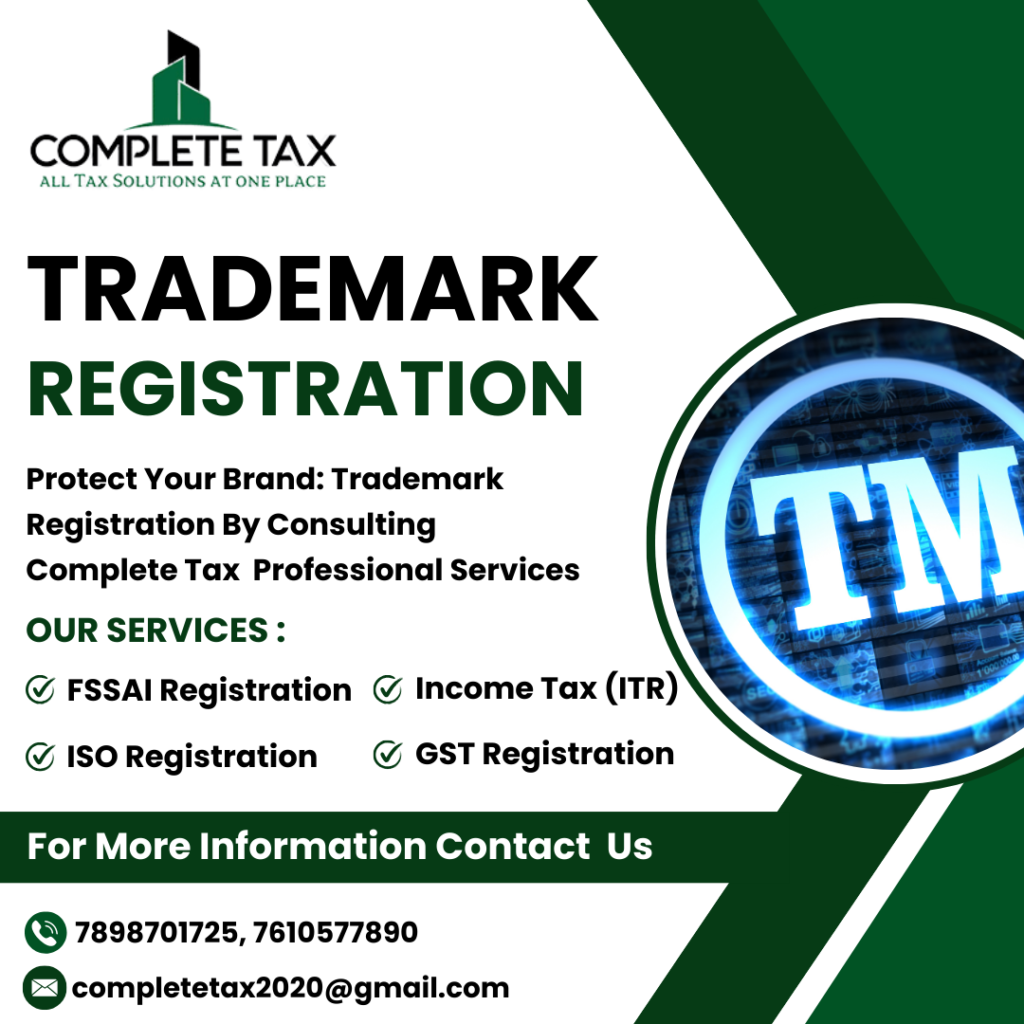At Complete Tax, we understand that effective accounting is the backbone of any successful business. Our comprehensive accounting services are designed to streamline your financial processes, enhance accuracy, and provide you with valuable insights that can drive strategic decision-making.
Understanding Accounting
Accounting is the systematic process of recording, measuring, and communicating financial information about a business or organization. It plays a crucial role in decision-making, helping stakeholders understand the financial health of an entity.
Importance of Accounting
- Informed Decision-Making: Accurate accounting provides the data needed to make strategic business decisions.
- Financial Planning: Helps in budgeting, forecasting, and managing cash flow.
- Performance Measurement: Allows businesses to track their financial performance and make necessary adjustments.
- Tax Compliance: Ensures accurate reporting and compliance with tax laws, minimizing liabilities.
The Process of Accounting
Recording Transactions: Daily journal entries for all financial transactions.
Classifying Transactions: Categorizing entries into accounts (assets, liabilities, equity, revenue, expenses).
Summarizing Financial Data: Preparing financial statements (Balance Sheet, Income Statement, Cash Flow Statement).
Analyzing Financial Information: Evaluating financial reports to assess performance and make decisions.
Reporting: Generating reports for stakeholders (management, investors, regulators).
Auditing and Compliance: Regular checks to ensure accuracy and adherence to accounting standards.
Benefits of Accounting
Informed Decision-Making: Provides accurate financial data to support strategic planning and business decisions.
Enhanced Financial Management: Facilitates budgeting, forecasting, and cash flow management.
Compliance and Risk Management: Ensures adherence to tax laws and regulations, reducing the risk of penalties.
Performance Tracking: Allows businesses to monitor financial performance and identify areas for improvement.
Credibility with Stakeholders: Accurate and transparent financial reporting builds trust with investors, creditors, and partners.
Tax Efficiency: Identifies deductions and credits to minimize tax liabilities.
Common Mistakes to Avoid During Accounting
Inaccurate Data Entry: Mistakes in recording transactions can lead to significant financial discrepancies.
Neglecting Documentation: Failing to keep proper records can hinder financial reporting and tax compliance.
Mixing Personal and Business Finances: This complicates accounting and can lead to legal issues.
Ignoring Reconciliations: Not regularly reconciling accounts can result in overlooked discrepancies and errors.
Overlooking Tax Deadlines: Missing deadlines can lead to penalties and interest charges.
Inconsistent Accounting Practices: Failing to follow a consistent method can create confusion and errors in financial reporting.
Lack of Regular Review: Not reviewing financial statements regularly can prevent timely identification of issues.
At Complete Tax, we understand that every business is unique. That’s why we offer tailored solutions to meet your specific needs and requirements. Our experienced professionals will guide you through every step of the registration process, ensuring compliance and peace of mind.
FAQ: Frequently Asked Questions
1. What is accounting?
Accounting is the process of recording, classifying, summarizing, and interpreting financial transactions to provide useful information for decision-making.
2. Why is accounting important for my business?
Effective accounting helps you track financial performance, manage cash flow, ensure compliance with tax laws, and make informed strategic decisions.
3. What accounting services do you offer?
We offer a range of services, including bookkeeping, financial statement preparation, tax planning and preparation, payroll processing, budgeting and forecasting, and auditing.
4. How often should I update my financial records?
It’s best to update your financial records regularly, ideally on a monthly basis, to ensure accuracy and timely reporting.
5. What documents do I need to provide for accounting services?
Common documents include invoices, receipts, bank statements, payroll records, tax returns, and any contracts related to significant transactions.
Documents Required
Invoices: For sales and purchases.
Receipts: Proof of expenses and payments.
Bank Statements: To reconcile accounts.
Payroll Records: Documentation of employee wages and withholdings.
Tax Returns: Historical tax filings for compliance.
Financial Statements: Current and prior year statements for analysis.
Contracts and Agreements: Legal documents related to significant transactions.
Contact Us :-
+91-7610577890
+91-9827087860
+91-8516001725
+91-9770152119
+91-8517801725
+91-8770370653
+91-7970084210
+91-7900708802
completetax2020@gmail.com






